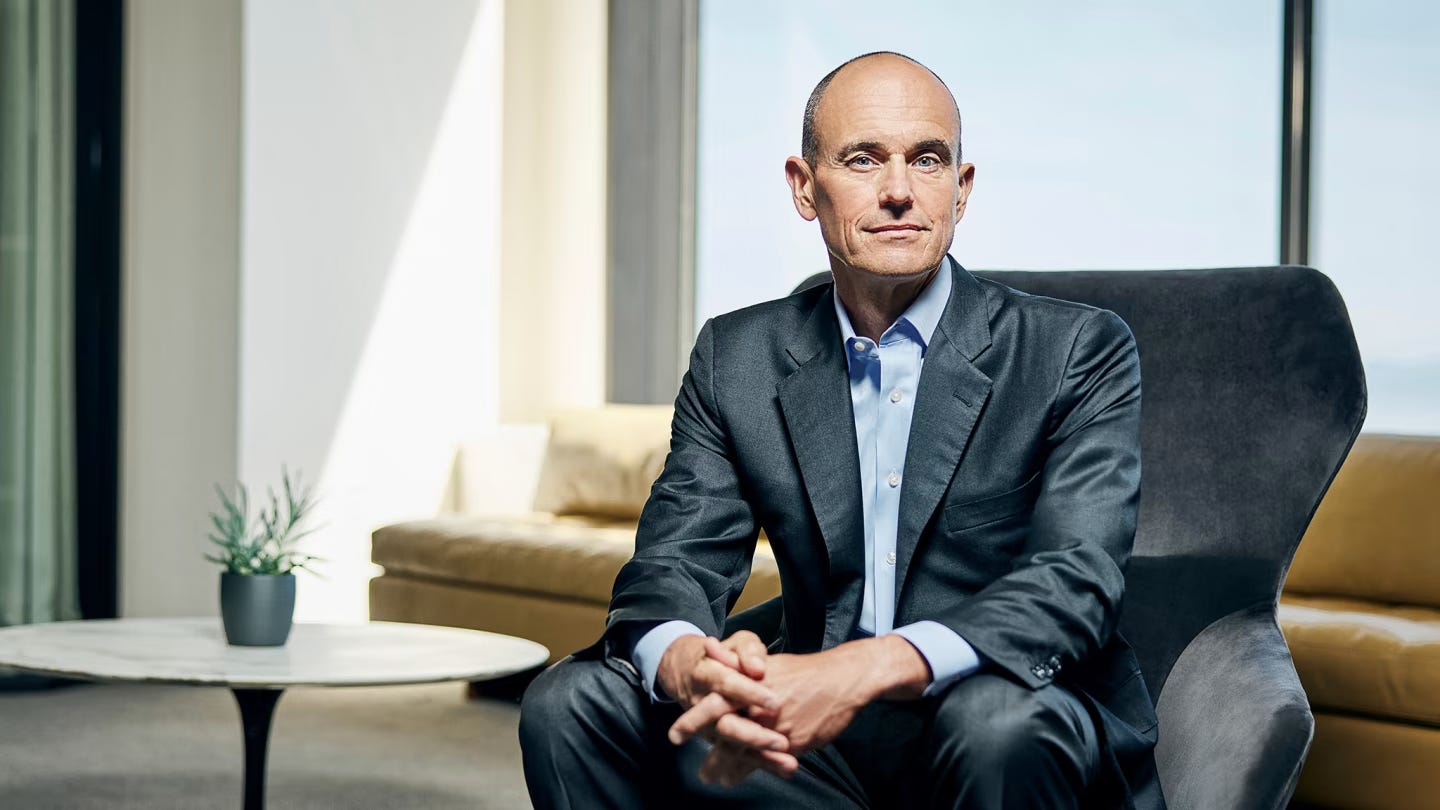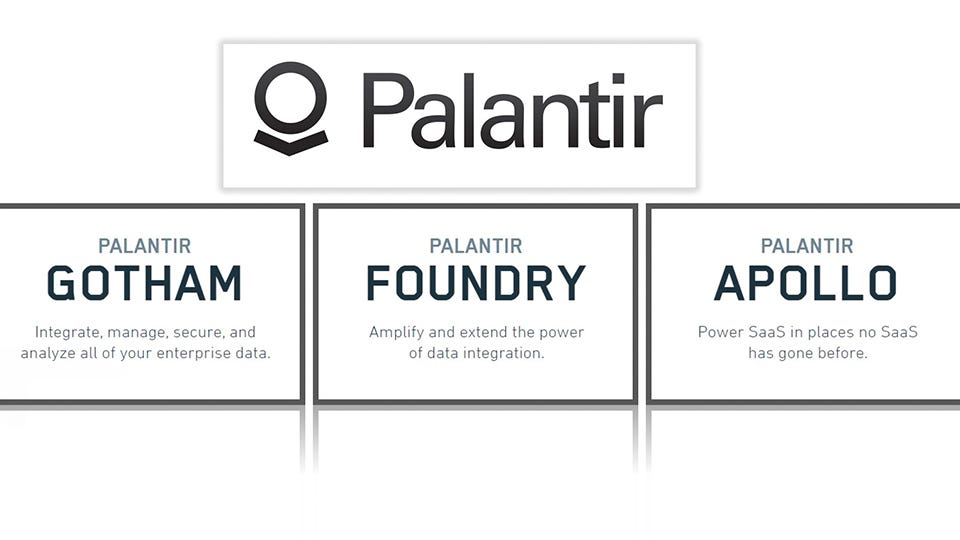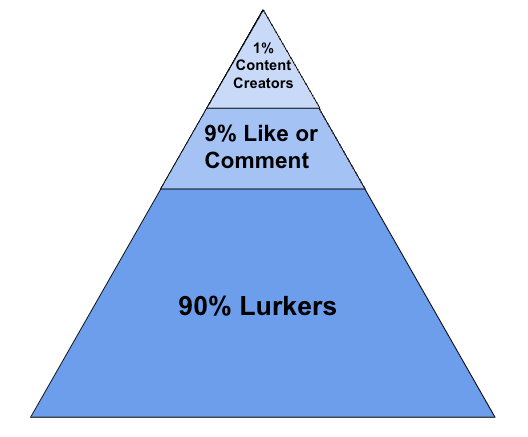Stop Building Startups. Start Consulting Instead.
Independent consulting businesses are underrated. Here's how to get started with yours.

Hello friend,
If you live in Japan or will be in Japan between 4/9/23 - 4/20/23 and want to meet-up, reply to this email! 🇯🇵
Last week, a few readers emailed me wanting to hear more about why I started a consulting business and how to get started with one.
So if you’ve ever thought about starting a consultancy, this article is for you.
Many people equate entrepreneurship with building venture-scale startups.
But startups are only one of many ways to approach entrepreneurship. In fact, startups are probably the most difficult option you can choose.
Startups often don’t turn a profit for a long time because they prioritize growth instead. This is unsustainable for folks who have a family to feed or don’t have a lot of savings.
Furthermore, many founders don’t realize at what pace startups have to grow to justify venture funding.
In Andrew Chen’s book The Cold Start Problem, he says that venture-scale companies had to hit specific milestones in order to be in a position to IPO:
Year 1 - Establish product-market fit
Year 2 - Get to $2 million in Annual Recurring Revenue (ARR)
Year 3 - Triple to $6 million in ARR
Year 4 - Triple to $18 million
Year 5 - Double to $36 million
Year 6 - Double to $72 million
Year 7 - Double to $144 million
Imagine trying to get a business to $2 million in ARR in two years. That’s an insane rate of growth that is unreasonable for 99% of entrepreneurs–myself included.
Instead more entrepreneurs should consider starting a consultancy instead. It’s more attainable and will help you avoid all of the most common mistakes first-time founders make.
First, consulting guarantees that you solve a real problem.
A customer paying you to tell you about their problems is validation that the problem exists. It has you thinking about the client’s problem first instead of building a solution in search of a problem.
Second, consulting is faster to start than building a product.
As a consultant, YOU are the product. So you’ll avoid the typical mistake of building for 6 months only to realize you don’t have a way to generate traffic for your product. Consulting has you focused on marketing yourself from day 1.
Lastly, consulting is a stepping stone to building a product later.
It’s a way to get paid to do customer research as you ideate on what to build for your future customers. It’s no wonder that many companies actually start off as consultancies.
For example, Palantir started off with government consulting by helping different agencies unify their databases. Overtime, they noticed commonalities between all their clients and productized their offering into 3 main SaaS products.
Imagine if they just tried to build their SaaS products without consulting first, it’s unlikely they would’ve had the understanding to build the right product. Consulting also helped them create a list of customers to sell their future product to later.
A Playbook for Starting Consultancies
A consultant is nothing more than an expert in their field. So starting a consultancy is a brand-building exercise in positioning yourself as an authority. And fortunately for you, it’s easier than you think because there is a playbook you can follow.
It goes like this:
Start a newsletter
Get potential clients on your email list
Write 10 articles on the topic you want to consult on.
Use those articles to sell consulting services
Use learnings from your work experience or (ideally) past engagements as content for future articles.
Rinse and repeat steps 3-5.

The reason this works is because of the 90-9-1 rule on the internet. This states that:
90% of internet users are lurkers
9% will like and comment
and 1% will create the content.
So by writing articles, you are automatically in the top 1% of people talking about your topic on the internet.
That by definition makes you a leader.
In fact, I noticed this is almost the exact playbook that Dan Shipper uses to position himself as an authority on generative AI.
Dan is the CEO of Every.to, a newsletter and writer collective, and I learned about him from his popular guest-post on Lenny’s Newsletter about how to build a Chat-GPT bot.
When I looked into his history, I realized he is basically following this playbook.
Since December, almost all of his content on his newsletter shifted to talking about AI: how he uses Chat-GPT in his normal life, how it will affect writers, and tutorials on how he built bots.
This puts him in a good position to be a consultant, as people are literally in the comments asking if they can hire him to build bots for them.

What’s also interesting is I noticed he is an AI startup scout for Sequoia, one of the largest venture-capital firms.
I suspect that he partnered with Sequoia because they know that his writing can be used as a lead magnet to attract AI startups. And those startups he attracts are also startups he can consult for on their AI strategy.

So to help you get started, write a few articles discussing:
What do people not understand about your field?
What are common mistakes people make, and how can they avoid them?
What does the future of your field look like?
Then as your library builds, consider gathering them up and then self-publishing a book on the topic.
A Setup for Multiple Income Streams
Writing a book on your field should be a goal of every single consultant.
There is literally nothing more authority-building than writing a book on a topic. And it doesn’t even have to be long.
Greg Lim, who has published over 20+ books on Amazon, often advises his students in his “Part-Time Amazon Author Class” (aff.) to write short books that are about 20k words long. That’s the equivalent of 20 articles, which is doable in about a year of writing.
Then you can use that book as a lead magnet for your consulting.
In fact there’s a wealth advisor I know named Dan Goldie who started a wealth management firm and later published a book called The Investment Answer detailing his philosophy to wealth management.
After publishing the book, he said his business exploded. Imagine if you do this for your field, it could really bend the trajectory of your consulting business as well.
Furthermore, the book is a setup for multiple income streams. Consulting is expensive, but difficult to scale. A book however is highly scalable, but relatively cheap.
So books can be a supplementary income to help you capture the most price sensitive clients who might not be able to afford your services, but still want your advice.
With a book, you’ve now captured multiple points along the pricing-demand curve: one at the bottom with books and one at the top with consulting.
This is also a setup to create multiple revenue streams to even out the income variability with consulting.
Why You Have to Mine Out Your Existing Network
The second best way to start consulting is by asking people in your existing network if they know anyone who may need your service. Your network is the biggest asset you have, and you should mine this out before trying any other options.
Why should this be your first approach? It’s the same reason that pyramid schemes teach recruits to sell their products to their family and friends first. Even they know the power of direct connections.
Tapping your existing network should be your FIRST resort, not your last.
Some ideas for who to tap in your current network include:
Past Clients
Every so often it’s worth saying hi to past clients to check up on them because they may have upcoming deals to send your way. This is what real estate agents do when they send Christmas cards to all their former clients.
They’re doing this because mass sending these cards puts them top of mind in their past clients, which leads to extra deals every year.
Don’t Turn Recruiters Away
If a recruiter ever reaches out to you even if you’re not looking for a job, don’t turn them away! Recruiters are some of the most well-connected people around, and they might know companies who are looking for help on a consulting basis.
Here’s a script you can use if a recruiter reaches out to you.
“Thanks for reaching out. Do you see an opportunity for me to help as more of an advisor than a full-time role?
I’m currently not in the market for a full-time role, but I am open to other arrangements.”
Bradley Jacobs, founder of MyLance once sent out 12 notes like this, and got 11 no’s. But the 12th one said they were open to it, and he said this one “yes” suddenly pushed him to a $25k/month engagement consulting startups part-time.
So respond to every single recruiter that comes your way, and you might land yourself a nice consulting gig as well.
Real-Life Communities
Don’t forget the existing communities you’re in: churches, sports leagues, and your friends are all people who can keep an eye out for deals relevant to you and send them your way.
Furthermore, every person you meet is a potential referral in the future. So always look for opportunities to slip in a request for them to send referrals your way.
The way I do it is if anyone ever asks me what I do for work, I’ll say I help startups build MVP’s and that I run a “dev agency that doesn’t suck.” And if they know anyone looking for dev shops to send them my way.
I find making this ask when the topic turns towards work is a natural segue to slipping this request in.
If work doesn’t come up, then sometimes I’ll bring it up at the end of the conversation as a last request. People are usually more than willing to help.
Getting Over the Fear of Asking for Help
As a consultant, you have to be shameless about putting yourself out there and making these asks. I struggled with this because my parents taught me to never ask for help unless I absolutely needed it.
But in consulting, your network should be your FIRST resort, not your last resort.
In fact, it’s so important that I’m going to be shameless right now:
If you know anyone looking for a dev agency or need an MVP built, please intro them to me over LinkedIn - thank you for the referrals! 🙏
See, even I have to do it. And hopefully you’re not too bothered by it either. So if I can get over it and make these asks so can you.
Final Thoughts
My favorite part of consulting is meeting new people from all over the world, and hearing about what everyone is building.
Consulting will also teach you how valuable your knowledge and experience is. Many people worry that they don’t have enough experience to consult, but experience is relative. And for a client with no prior experience in your field, your advice can make a serious difference in their business.
So get out there, position yourself as an expert, and close those consulting deals. I believe in you!
💡 If you were interested in writing a book…
My friend Greg Lim is running a pre-sale discount for his “Part-Time Author” course. He will teach you how to write, market, and sell non-fiction books on Amazon (without an audience).
I took the live class myself, and I can personally vouch for it. Check it out below:
(I earn a small commission if you make a purchase, at no additional cost to you)
🏫 Whenever you're ready, there are 2 ways I can help you:
***NEW*** - I’m opening one slot per week for career coaching again. Happy to chat with you about anything on your mind. Book a 45 minute slot here.
“How to Be an Engineer Influencer” - where I teach W-2 employees how to diversify their income streams by building an audience on social media.
Connect with me on social media here.







Consulting's success comes from clear client communication. Your point about understanding needs precisely mirrors what I'm exploring: we brief AI with laser-focus (detailed prompts), yet often miss that same clarity when briefing consultants or teams. When your engagement structure is crystal clear—like a good prompt—execution becomes the differentiator. Relevant: https://creatism.substack.com/p/we-prompt-machines-better-than-we?r=177ve
When in a gold rush, sell shovels. Great read